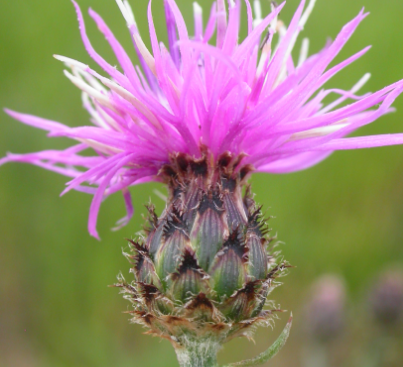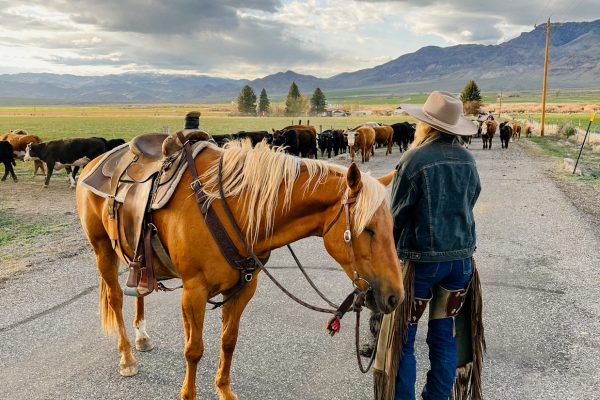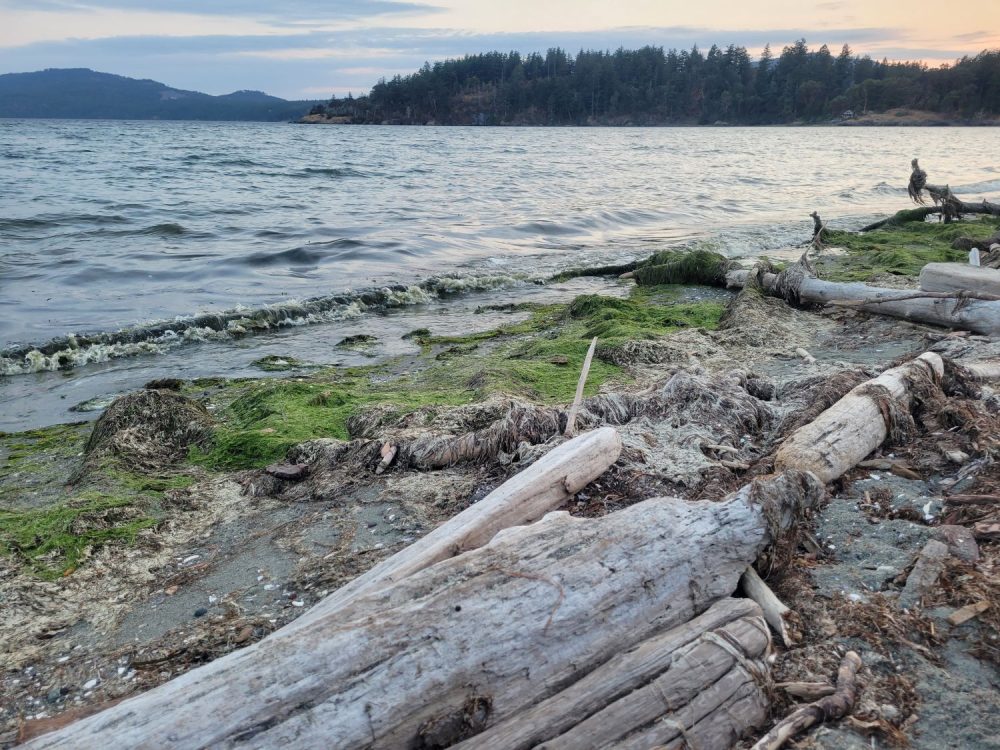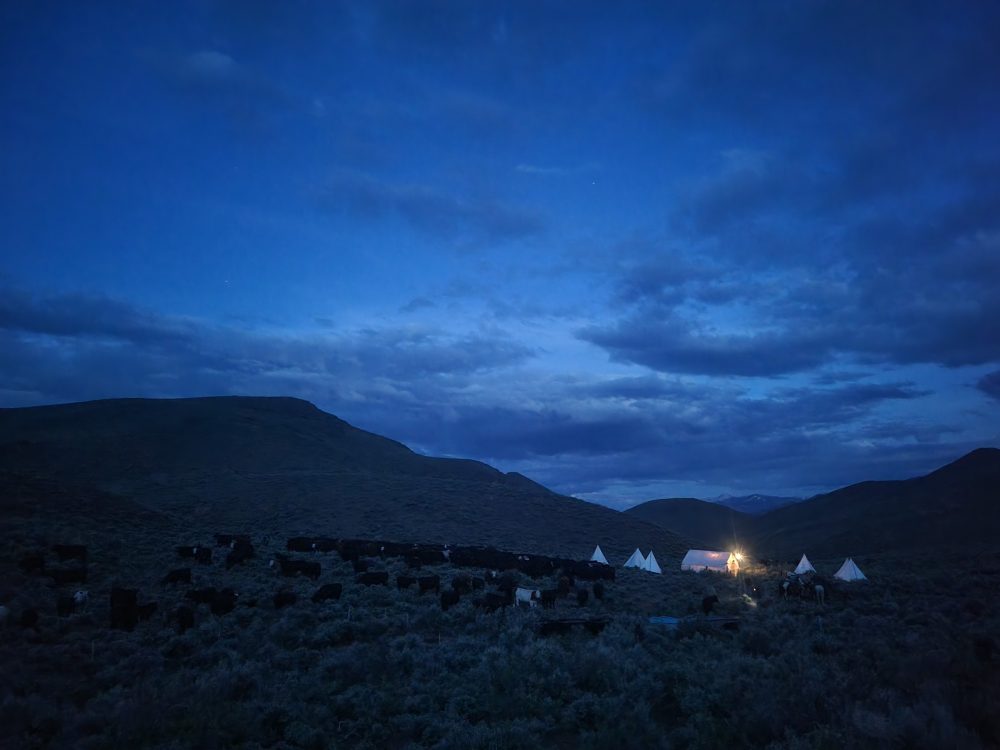Today’s announcement of another mad cow in Canada was apparently met with a total yawn by the American press. While the press release, Canadian Food Inspection Agency – News Release – BSE Case Confirmed in British Columbia was picked up by several Canadian outlets (as well as an Australian one), U.S. media appears to have ignored it except in the agricultural press.
It is of interest to American agribusiness because of the current effort to remove the existing restrictions on movement of Canadian cattle and beef into the United States. All Canadian beef was restricted in 2003 after the discovery of a BSE infected cow in Canada. In 2005, that ban was partially lifted, and last year, the USDA proposed a rule that would allow importation into the U.S. of any Canadian cattle born after Canada’s 1999 ban of using rendered cattle and high risk material in cattle feed. Comments for that rule closed in March. The animal in the current case would have been allowed into the U.S. system under that proposed rule.
Currently, any live cattle imported from Canada must be under 30 months of age and must be going directly to a feedlot or processing facility.
Of course, beef that are 100% grass fed have never eaten any "feed," just grass and hay. Although no one else seems to care, I’m glad we eat our own beef.







beyondspringgate
The fear of mad cow was what prompted me to start eating exclusively grass fed beef. No more burgers at the fast food chains. Less convenient, but the only burgers that I eat now are off of my own grill.
Mark Cook
I have been a retail meat cutter for over 25 years and I would not buy meat from the grocery store ever. I belong to a organization in my home town called CPoW, (Cattle Producers of Washington state) all cattle are born and raised in Washington State. The cattle are naturally raised and no chemicals or hormones are used on them. To learn more about CPoW and what they are doing check out their website. http://www.cattleprosofwa.com
509-855-5571
CPoW
2282 Rd 18.3 NE
Soap Lake, Wa. 98851